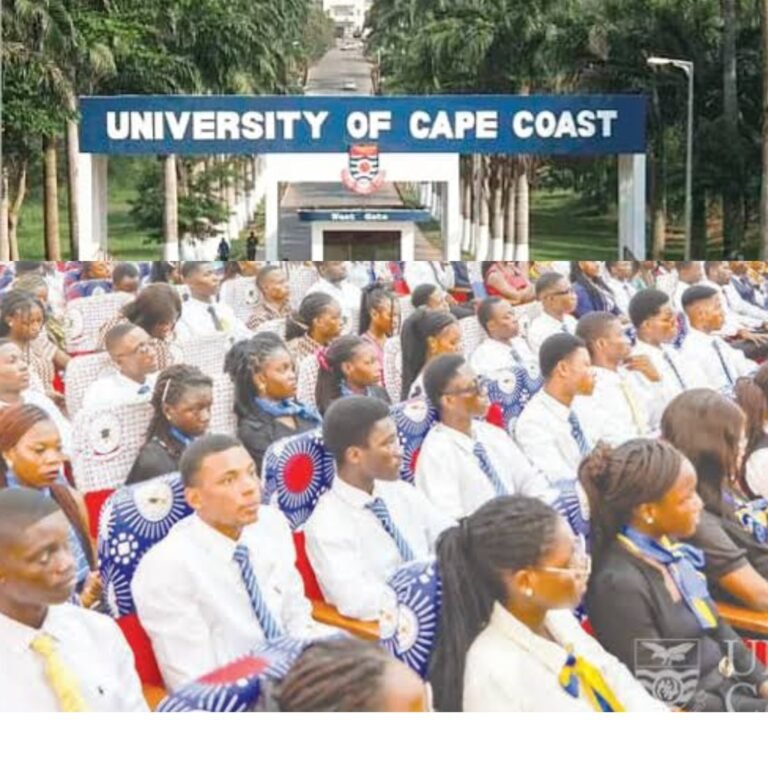
Samuel Abu Jinapor, Minister of Lands and Natural Resources

Government has intensified the fight against illegal mining, as a revamped Operation Halt II has been relaunched, and being coordinated by the Military High Commands in the southern, middle and northern belts to contain the galamsey menace.
Speaking at a press briefing yesterday, the Minister of Lands and Natural Resources, Samuel Abu Jinapor, disclosed that the government had allocated significant funds and logistics to the new military operation.
“We just want to make sure this is sustainable, so the issue of funding, logistics, finance and the rest do not arise. On the instructions of the President, we have escrowed sufficient funding to support this operation – which will mean that as they have moved, we will not back down or will not have to stop at some stage because of funding or logistics,” the Minister said.
“Other characteristics of this operation is that it is going to be sustainable, and it’s going to be relentless; it’s not going to be three months we are out or six months we break. It’s going to go on until we get to a satisfactory situation with respect to illegal small-scale mining,” he added.
Procurement
He said the government had procured speed boats to patrol rivers, adding that river guards had also been trained to protect areas declared as “red zones” for mining.
Among the gamut of measures put in place is a collaboration between the Lands Ministry and the Attorney-General’s Office to prosecute illegal miners, both Ghanaians and foreigners, rolling out of Community Mining Schemes for local people, recruitment and engagement of about 80,000 people for alternative livelihood programme, frequent operations by the military to mining sites to arrest and burn excavators belonging to illegal miners and setting up of 83 district mining committees to oversee mining at the district level.
On the issue of excavators, Mr Abu Jinapor disclosed that the military officers had so far seized 11, adding that they had been instructed to use their military judgment in dealing with excavators.
The Minister pointed out that if it becomes necessary for the excavators to be decommissioned, they would do so.
Additionally, if it becomes necessary for the excavators to be moved to a police station for safekeeping, the military authorities will do so.
“Those decisions will not be made by politicians; the soldiers who are the professionals on the field will make those determinations on a case-by-case basis,” he said.
Comprehensive list
The Lands Minister further told journalists that the government had provided the Military High Command with the list of licensed small-scale mining firms across the country to enable them to undertake the operation with ease.
Mr Abu Jinapor pledged the commitment of the government to fighting illegal mining with all transparency, without shielding anyone, irrespective of one’s political affiliation or standing in society. “We have provided the military high command with a comprehensive list of all licensed smallscale mining operations across the country. And therefore, as the soldiers are on the field … they are able to tell whether or not an operation is lawful or not,” Jinapor said.
Licence
On licensing, he said no licence for mining or concession will be granted to an individual or company without the consultation of the paramount chief of the area in which mining will be undertaken.
All Regional Ministers as well as Metropolitan, Municipal and District Chief Executives (MMDCEs) of that particular jurisdiction should also be consulted formally before a mining license or concession is granted.
To this end, a Ministerial Fiat has been issued to the Minerals Commission to halt all processes leading to the recommendation for granting of mining concessions and licences until the Commission has sought the input of the authorities.




